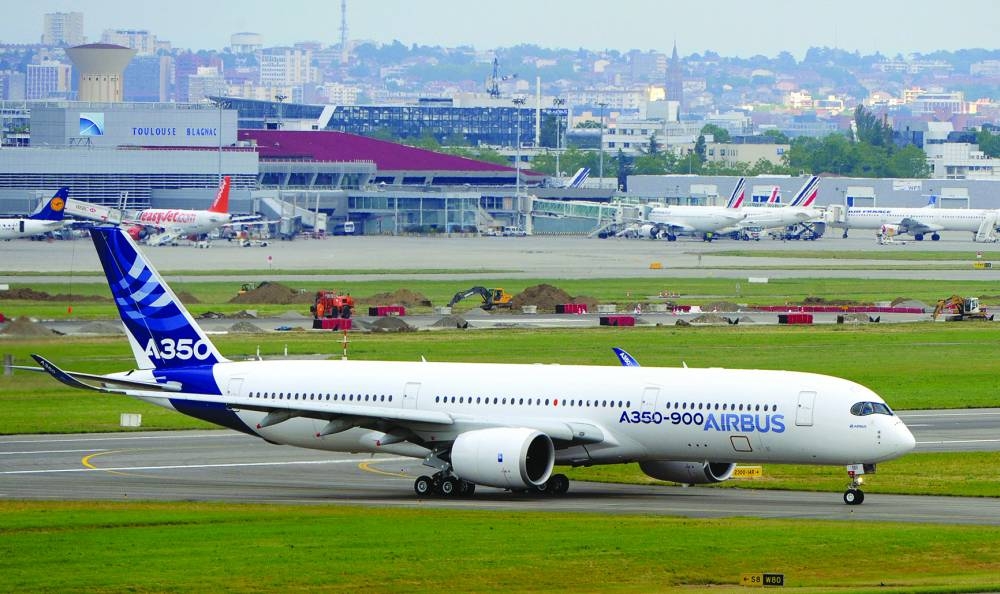Malaysia Airlines said it had found a “potential issue” with the engine of an Airbus A350-900 aircraft in its fleet but added that it had been resolved. The issue comes after the European Union Aviation Safety Agency (EASA) issued an emergency directive to airlines ordering mandated inspections on A350-1000s which are powered by XWB-97 engines made by Rolls-Royce.
The checks were prompted by an “in-flight engine fire” on one of Hong Kong-based Cathay Pacific’s Zurich-bound flights. Malaysia Airlines’ fleet of A350-900 planes “recently underwent a precautionary inspection, during which a potential issue with high-pressure fuel hoses on one aircraft was identified,” the carrier said in a statement.
“This finding was swiftly resolved, and the aircraft has been fully cleared for service in accordance with stringent maintenance protocols,” it added. On Friday, following the incident, EASA said extending its compulsory engine inspections to include the XWB-84 engines found on the Malaysia Airlines Airbus A350-900 is “not warranted at this stage”.
The Cathay incident prompted other airlines in the region to carry out similar checks on their A350-900 and A350-1000 models, which are powered by Rolls-Royce Trent XWB-84 and XWB-97 engines, respectively. The EASA said Thursday that Cathay’s A350-1000 aircraft suffered an engine failure due to a high-pressure fuel hose failing. It added that there was an “in-flight engine fire shortly after take-off”, which was “promptly detected and extinguished”.
The EASA said the XWB-84 engines “are similar but differ in design and service history” to the XWB-97. Airbus on Friday said the EASA directive “clearly limits these (checks) to the Trent XWB-97 engine and says inspections on the Trent XWB-84 are not warranted based on current available information”.
Contacted by AFP, the European regulator said there was no justification “at this stage” for extending the inspections to the A350-900, which accounts for the vast majority of A350s in service: 530, according to Airbus figures published on Friday.
The Airbus issues come as its US rival Boeing has strived to overcome concerns about safety and quality control problems in recent years. A spokesperson for Malaysia Airlines told AFP that the carrier has seven A350-900s with Trent XWB-84 engines, all of which have been inspected.
“Safety and reliability are central to our operations, and we remain unwavering in our commitment to ensuring the highest standards of care for our passengers and crew,” the airline said in its statement.
Rolls-Royce said Thursday it was launching “a one-time precautionary engine inspection programme” which may apply “to a portion of the A350 fleet”. The first A350 was delivered to Qatar Airways at the end of 2014.
Since the end of the production of the jumbo A380, the A350 is Airbus’s largest aircraft. A total of 87 A350-1000 aircraft are currently in service worldwide. A competitor to the Boeing 787 Dreamliner, 1,330 A350s have been ordered, of which 617 have been delivered, according to data from the end of August.
The largest version, the 1000, can carry nearly 500 passengers and travel more than 16,000 kilometres (nearly 10,000 miles) in one hop. That will be pushed to nearly 18,000km in the “Sunrise” version ordered by Australian airline Qantas to fly directly between Sydney and London.

The new A350-900 Airbus long-haul carrier does a taxiing test at the aerodrome of Toulouse-Blagnac, in a file photo.
